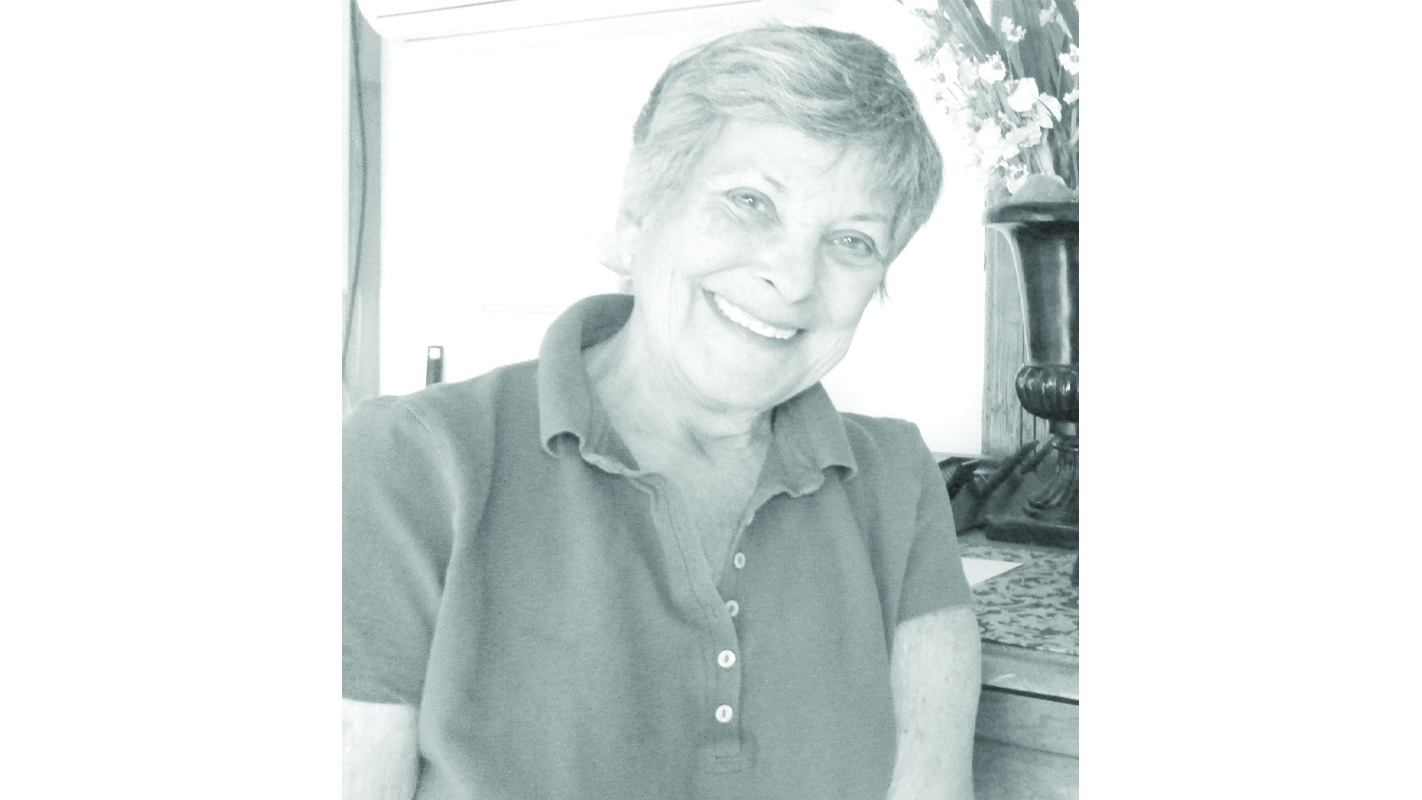By Dian Cohen
T. S. Eliot was writing his 64-page poem called The Waste Land exactly 100 years ago. It’s about depression and elation and how April is the cruelest month because the life and colour of spring so often gives way to a sudden return of cold and snow and dashes our hopes that things are getting better.
Metaphor for today? We’ll know more as the future unfolds. Right now, lots of ups and a few downs. The Quebec Budget is a case in point – no tax increases or spending cutbacks until the province has reached pre-pandemic employment levels; the provincial economy is slated to grow by more than 4 per cent for the next two years; and the budget won’t be balanced until we’re all five years older. Federal Minister Chrystia Freeland will present the federal budget two weeks from now.
On the jobs front in both Canada and the United States, things are getting better. Canada’s economy added 259,000 jobs in February, whipping past expectations to pull the country closer to pre-pandemic employment levels, with young women staring at the longest road to recovery. How many more jobs were added last month will be released next week. In the US, close to a million jobs were added last month, some 40 per cent more than anticipated. One year into the pandemic, Canada’s job market is 600,000 jobs short of where it was in February of last year — 3.1 per cent below pre-pandemic levels. For young women, the shortfall is almost 200,000 jobs, off 14.1 per cent from pre-pandemic levels. Many are calling this a “shecession” and are hoping Minister Freeland will address the issue on April 19. The participation rate — the share of the working-age population that is working or looking for work — is still lagging – now only 64.3 per cent — one trick will be creating the environment to welcome back those who have dropped out.
The good news is that almost all the job increases were among low-wage and part-time workers in areas like retail and accommodation. If retail and education can continue to reopen along with leisure and hospitality, construction and manufacturing will ramp up as best they can to meet increasing demand.
Of course, we’ve all seen the headlines about the glitches in the supply of parts and pieces for everything from cars to bikes to strollers to furniture and houses to anything else that requires manufacturing. Factory closings because of COVID no longer make headlines but are still happening. The monstrous container ship stuck in the Suez Canal can be blamed for holding up the cargo of hundreds of other massive ships; and according to the World Shipping Council, weather has tossed tens of thousands of containers into the ocean this past year, containers full of vacuum cleaners, batteries, Kate Spade accessories, children’s clothing, shrimp, microchips, to name a few.
T.S. Eliot’s classic poem resonates for many people. McKinsey and Company writes in a recent article, “The fall in COVID-19 cases across much of the world over the past ten weeks signals a new dawn in the fight against the disease. Vaccines are proving effective and rapidly scaling, bending the curve in many geographies. This is a fragile dawn, however, with transmission and deaths still high, unequal access to vaccines, and variants of concern threatening to undo progress to date.”
And New York Times columnists Remy Tumin and Sarah Hughes ask, “Do you often ask yourself, what time is it? What day is it? Why am I standing in front of the refrigerator staring at an old clove of garlic? You’re not alone. A year of uncertainty and loss has left many people in kind of a fog… the pandemic’s longevity had contributed to the sense that time is moving differently and has dulled our ability to form meaningful new memories. Resilience seems in short supply…”
That sometimes describes me. But then I can go out and enjoy a walk in the restorative spring sun…
Dian Cohen is an economist and a founding organizer of the Massawippi Valley Health Centre.
Cohendian560@gmail.com
For full story and others, subscribe now.






